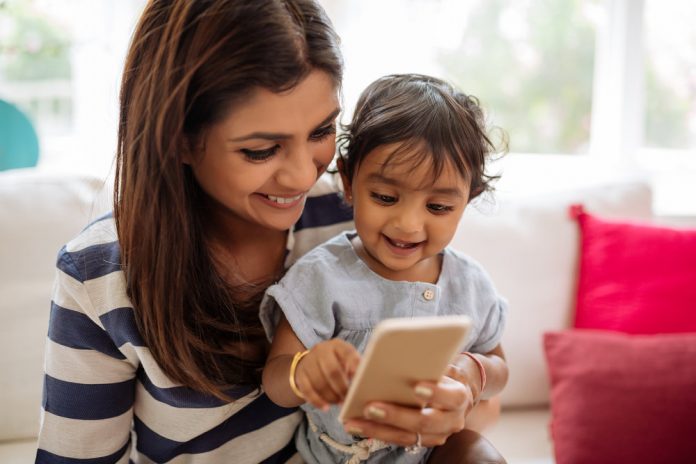Mobile phone apps are increasingly being used to support breastfeeding decisions – sometimes at a cost, a Flinders University study indicates.
The objective approach of most infant feeding (IF) apps gives mothers a perception of greater control, confidence and efficacy at a time of transition and stress in the early stages of parenting an infant, the study found.
However, with more than 100 such apps available, the mobile content can also present new mums with another set of potential worries, including feeling overwhelmed by the information, concerns about over-reliance on the app, and even questioning the app’s advice.
Overall the women interviewed in the study were positive about using such apps, says senior researcher Dr Jacqueline Miller, an expert in paediatric nutrition.
“Some apps provide information that is not always accurate and can’t be tailored to the individual,” she warns. “Information stored in the app can provide a useful history to discuss with health care providers who can then provide much more individualised advice, particularly with breastfeeding.”
These targeted mobile apps can take the guesswork out of parenting.
“They are increasingly giving mums a modern way of tracking aspects of baby care, including feeding regularly, sleep, growth and nappy changes, she says.
“A generation ago mums used a safety pin to remind themselves which side to start feeding on. But these days we use apps to record all sorts of facts,” Dr Miller says.
National Health and Medical Research Council guidelines recommend exclusive breastfeeding for about the first six months.
Community and health professional support is important for maternal decisions, with self and social perceptions, lifestyle choices as well as physical and psychological issues also playing a part, says Dr Carly Moores, who also contributed to the study.
Another co-author Kaitlyn Dienelt, who conducted detailed interviews with nine nursing mothers using eight different IF apps in South Australia over 12 months, says the study demonstrates how important the mobile apps can be in making mums feel encouraged and supported in their breastfeeding practices.
“This technology is helping mothers with everyday routines and decision-making which can be tiring and sometimes complex with breastfeeding – although some mobile apps are better than others.”
“Overall, the participants were positive and some even felt they would have given up on breastfeeding without the app,” she says.
“In a growing world of technology, studies like this are is important in shaping future research in providing the best health and self-management information via mobile devices to the wider population.”
In one of the first studies of its kind, the study led by Flinders University College of Nursing and Health Sciences nutrition and dietetics experts sought to analyse the experience of mothers, the suitability of information and readability of the app material from an outside perspective.
With more than 100 apps to assist optimal infant feeding available on the market, many are free with in-app purchases, or some purchased of premium versions of free IF apps.
The mobile health app market is booming, expected to exceed $US30 billion by 2020. The World Health Organisation has forecast that mHealth apps will have a myriad of uses includes interventions and behaviour change, disease or condition self-management, data monitoring and e-information provision.















